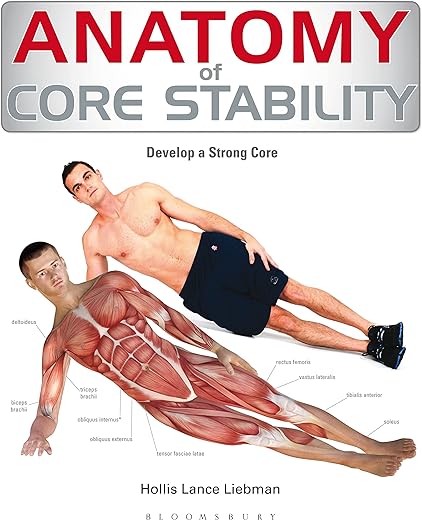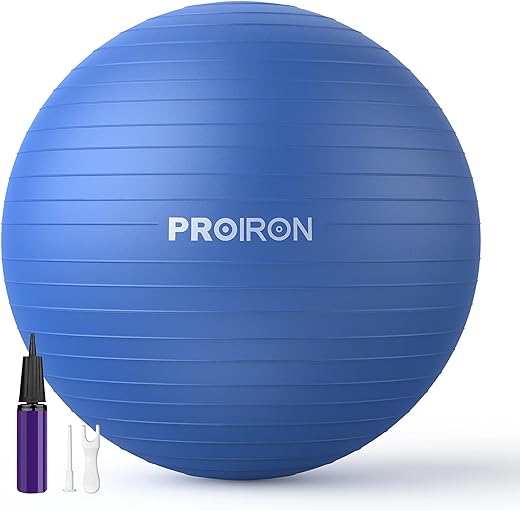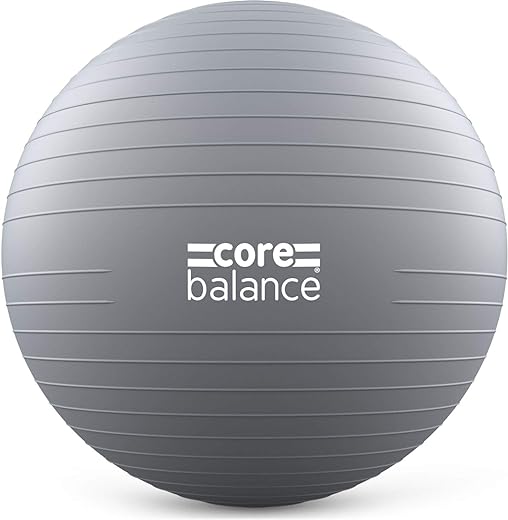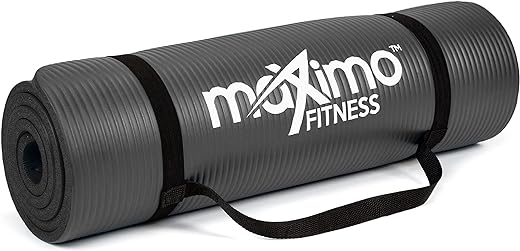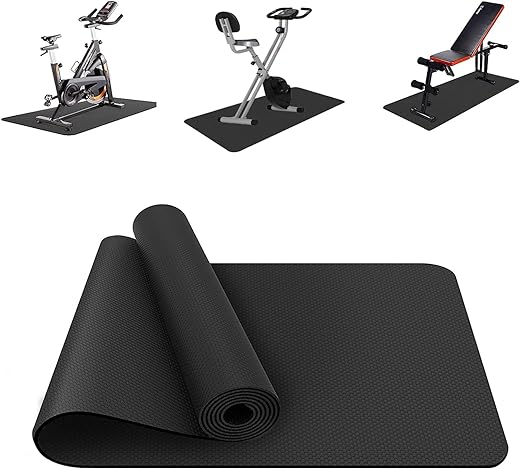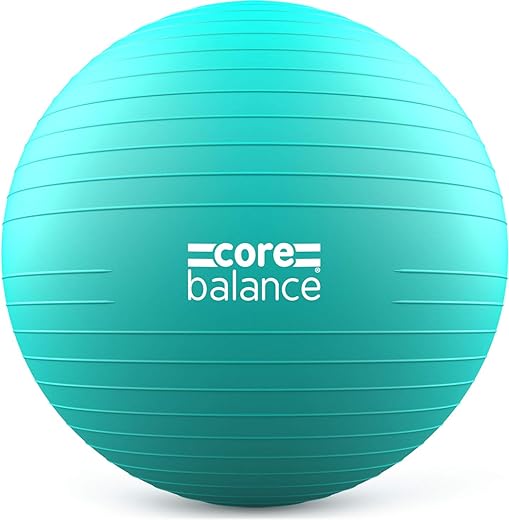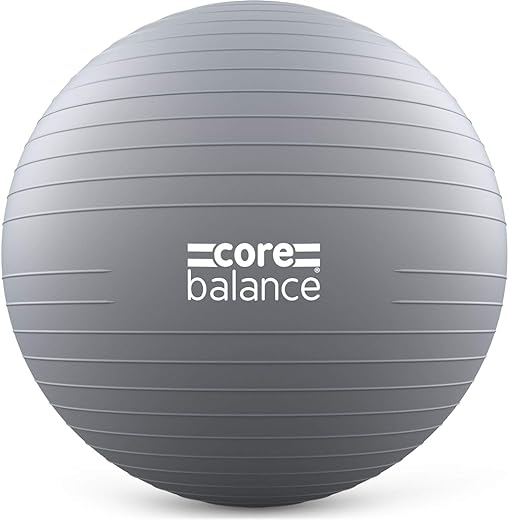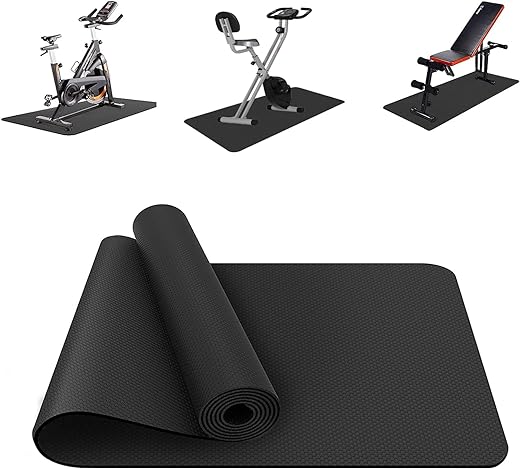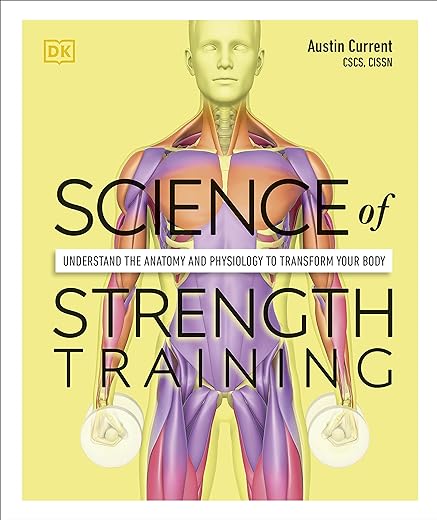Strength Training Science” and “Strength Training Program” are both essential resources for individuals looking to delve deeper into the world of strength training. By examining the scientific principles behind strength training and the practical application in a structured program, these two sources offer valuable insights for both beginners and seasoned athletes. This comparison will highlight the key differences and similarities between these resources to help readers make informed decisions on their fitness journey.
Strength Science
Transform your body and improve your health with “Science of Strength Training.” Explore physiological benefits, tailored workout plans, dietary myths debunked, and injury prevention strategies. Discover the science-backed knowledge to optimize your workouts and achieve your fitness goals.
Mature Muscle
Strength Training Over 40 offers a 6-week program emphasizing muscle and agility development. The flexible, motivational, and safe approach ensures a sustainable path to building total body strength for a better quality of life.
Strength Training Science
Packed with research and exercises
Focuses on physiology and benefits of strength training, dietary science, and exercise/nutrition’s impact on health.
Comprehensive strength training exercises
Explains muscle engagement, proper form, and injury prevention for over 100 exercises.
Nutritional information and dietary advice
Includes dietary advice for vegans and vegetarians, explains macronutrient requirements for muscle growth.
In-depth information on human physiology and strength exercises
Covers the physiology of muscle growth, resistance work, and the benefits to brain health.
Age-specific strength training program
Focuses on the importance of muscle mass for quality of life and mobility as you age.
Strength Training Program
Packed with research and exercises
Emphasizes building muscle, toning, and improving metabolism with workout plans for different levels.
Comprehensive strength training exercises
Offers detailed instructions on how to perform exercises and prevent injuries, includes variations for home and gym workouts.
Nutritional information and dietary advice
Promotes overall health through full-body strength training, providing safety tips and alternatives for different fitness levels.
In-depth information on human physiology and strength exercises
Focuses on well-balanced, full-body training with easy-to-follow tutorials and illustrations, emphasizes safety and customization.
Age-specific strength training program
Tailored for individuals over 40, offering a 6-week program to build muscle and agility, emphasizing safety and motivation.
Strength Training Science
Strength Training Program
Strength Training Science
Strength Training Program
Feature comparison chart


Science of Strength Training:
Unique Selling Points:
- Application of in-depth scientific knowledge
- Customization based on individual body types
Pros:
- Extensive educational content
- Adaptable to various fitness goals
Cons:
- May be too technical for beginners
- Less focus on practical application
Strength Training Over 40:
Unique Selling Points:
- Tailored program for individuals over 40
- Focus on agility and muscle-building for older adults
Pros:
- Tailored for those over 40
- Emphasis on muscle and agility training
Cons:
- Not suitable for younger individuals
- Lack of emphasis on specific goals beyond muscle and agility
Conclusive Assessment:
If you are over 40 and looking for a program specifically designed for your age group, Strength Training Over 40 emerges as the winner. However, if you prefer a deeper dive into the anatomy and physiology of strength training and want a more customizable experience based on body type, Science of Strength Training would be more suitable.
Final Summary:
For individuals over 40 seeking a focused program that addresses age-related fitness concerns, Strength Training Over 40 is recommended. For those interested in a more detailed understanding of the science behind strength training and a personalized approach, Science of Strength Training would be the better choice. Choose based on your age, fitness goals, and preference for in-depth knowledge versus practical application.
Alternative Strength Gear
Comparing Products in the Strength Training Category
When evaluating products in the strength training category, it is essential to consider various factors to make an informed decision. Below are some general guidelines and key factors that you should keep in mind when comparing products:
1. Product Type and Focus
- Identify whether the product is more focused on strength training science or a specific strength training program.
- Consider your personal fitness goals and preferences to determine which type of product aligns best with your needs.
2. Content and Depth of Information
- Evaluate the depth and quality of information provided in the product.
- Assess whether the product covers essential topics such as workout techniques, muscle groups targeted, and training principles effectively.
3. Credibility and Author Expertise
- Research the authors or creators of the product to assess their credibility and expertise in the field of strength training.
- Look for certifications, qualifications, or experience that validate the author’s knowledge and authority.
4. User Reviews and Testimonials
- Check for user reviews and testimonials to gauge the overall satisfaction levels of individuals who have used the product.
- Consider feedback on the effectiveness, usability, and results achieved by users.
5. Price and Value for Money
- Compare the pricing of each product and consider the value you will receive for the amount you are investing.
- Factor in additional resources, support, or benefits included with the product.
6. Compatibility and Accessibility
- Determine whether the product aligns with your current fitness level, available equipment, and training environment.
- Check the accessibility of the product, such as online availability, digital formats, or physical copies.
Remember to weigh these factors according to your personal preferences and fitness goals when comparing strength training products. Making an informed decision based on these guidelines will help you choose the most suitable product for your needs.
Strength Training FAQ
Practical experience in strength training can sometimes appear to contradict scientific findings due to various factors such as individual differences, training techniques, or study limitations. Scientific findings in strength training are based on research and data analysis, which provide general guidelines for training effectiveness. However, individual variations in response to exercise, unique training methods, or specific contexts may lead to differences in practical outcomes compared to what is typically observed in controlled scientific studies. It is essential to consider both scientific evidence and personal experience when designing a training program to achieve optimal results.
The key differences between the Science of Strength Training and a specific program like Strength Training Over 40 lie in their focus and approach. The Science of Strength Training book typically delves into the underlying principles, anatomy, and physiology behind strength training methods, providing a comprehensive understanding of how different techniques impact the body. In contrast, a program such as Strength Training Over 40 offers a structured, time-bound plan designed to help individuals aged over 40 build muscle and agility within a specific 6-week timeframe. While the Science of Strength Training offers a theoretical foundation, the program focuses on practical application and tangible results within a set period.
Scientific evidence is essential in determining the effectiveness of strength training programs. Studies and research provide valuable insights into the impact of different training methods on muscle growth, strength gains, and overall physical performance. Evidence-based practices help optimize training programs, leading to better results while minimizing potential risks of injury. Understanding the physiological responses to strength training is crucial for designing programs that are safe, efficient, and tailored to individual needs. Therefore, scientific evidence plays a crucial role in shaping effective strength training programs like those discussed in the mentioned products.


















